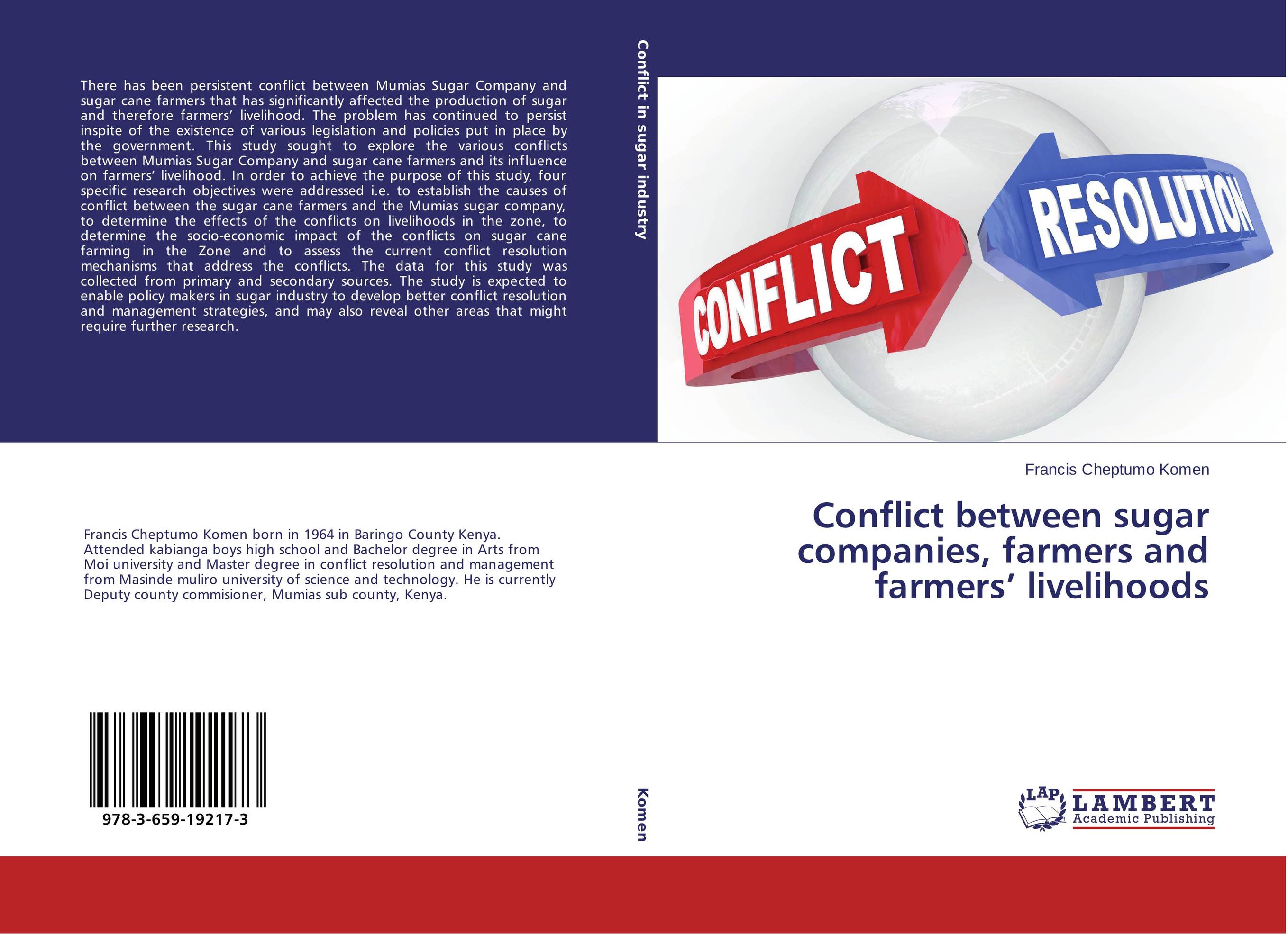| Поиск по каталогу |
|
(строгое соответствие)
|
- Профессиональная
- Научно-популярная
- Художественная
- Публицистика
- Детская
- Искусство
- Хобби, семья, дом
- Спорт
- Путеводители
- Блокноты, тетради, открытки
Conflict between sugar companies, farmers and farmers’ livelihoods.

В наличии
| Местонахождение: Алматы | Состояние экземпляра: новый |

Бумажная
версия
версия
Автор: Francis Cheptumo Komen
ISBN: 9783659192173
Год издания: 2015
Формат книги: 60×90/16 (145×215 мм)
Количество страниц: 116
Издательство: LAP LAMBERT Academic Publishing
Цена: 34897 тг
Положить в корзину
| Способы доставки в город Алматы * комплектация (срок до отгрузки) не более 2 рабочих дней |
| Самовывоз из города Алматы (пункты самовывоза партнёра CDEK) |
| Курьерская доставка CDEK из города Москва |
| Доставка Почтой России из города Москва |
Аннотация: There has been persistent conflict between Mumias Sugar Company and sugar cane farmers that has significantly affected the production of sugar and therefore farmers’ livelihood. The problem has continued to persist inspite of the existence of various legislation and policies put in place by the government. This study sought to explore the various conflicts between Mumias Sugar Company and sugar cane farmers and its influence on farmers’ livelihood. In order to achieve the purpose of this study, four specific research objectives were addressed i.e. to establish the causes of conflict between the sugar cane farmers and the Mumias sugar company, to determine the effects of the conflicts on livelihoods in the zone, to determine the socio-economic impact of the conflicts on sugar cane farming in the Zone and to assess the current conflict resolution mechanisms that address the conflicts. The data for this study was collected from primary and secondary sources. The study is expected to enable policy makers in sugar industry to develop better conflict resolution and management strategies, and may also reveal other areas that might require further research.
Ключевые слова: Conflicts, Sugar Cane Farmers, Farmers’ Livelihoods, Sugar cane farming policies and management strategies



